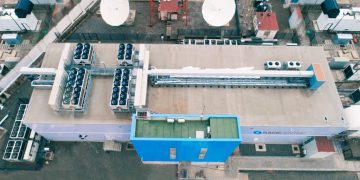The World Bank has approved a substantial financing package for Nigeria, aimed at enhancing governance in education and healthcare, improving primary healthcare services, and bolstering climate resilience through upgraded infrastructure.
This funding is part of the Bank’s commitment to strengthening Nigeria’s human capital and addressing pressing challenges in key sectors. The investment focuses on reducing poverty and boosting productivity, particularly in underserved communities.
One major initiative will enhance governance in education and healthcare, targeting transparency and service delivery for vulnerable populations. Another project aims to improve healthcare access, especially for women and children, addressing critical issues such as maternal and child mortality.
Additionally, a significant portion of the funding will support climate resilience efforts, focusing on better water management and irrigation to protect against floods and droughts. This initiative is expected to benefit a wide range of individuals, including farmers, by improving agricultural productivity and sustainability.
The World Bank’s Country Director for Nigeria highlighted the importance of investing in health and education to create better employment opportunities and enhance overall productivity. This financing is designed to tackle the complex challenges faced by Nigerians, particularly in accessing quality services, and to strengthen the nation’s resilience against climate threats.

























































